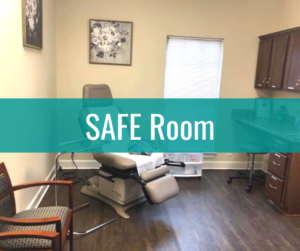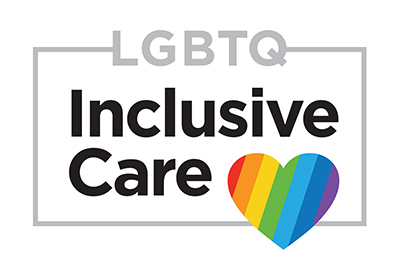“New year, new you!” There is always a lot of pressure to make dramatic lifestyle changes, improvements, and goals when a new year hits, often related to dieting, working out, or career moves. And while striving to reach your full potential or to “get in shape” and “eat cleaner” can be meaningful and personally impactful with the appropriate mindset and boundaries attached, often our mental health needs take a backseat.
After a year filled with stress, change, and challenges unlike what many have encountered before, now more than ever mental health awareness needs to be a priority. Mental health includes our emotional, psychological, and social well-being. It affects how we think, feel, and act. It also helps determine how we handle stress, relate to others, and make choices. Mental health is important at every stage of life, from childhood and adolescence through adulthood.
Just like going to a doctor for an annual checkup or visiting the dentist for a cleaning, it is important to maintain good mental health as well. Mental illness can impact your daily life by affecting your thoughts, feelings, behaviors and mood. Anxiety, depression, and other mental health conditions such as PTSD can be brought on by genetics, environment, or other life events outside of your control. It is important to know that you are not alone in your struggle and your mental health is just as important as your physical health.
Positive mental health allows people to:
- Realize their full potential
- Cope with the stresses of life
- Work productively
- Make meaningful contributions to their communities
Ways to maintain positive mental health include:
- Getting professional help
- Connecting with others
- Staying positive
- Getting physically active
- Helping others
- Getting enough sleep
- Developing coping skills
Source: https://www.mentalhealth.gov/basics/what-is-mental-health
Counseling Services at Domestic Violence & Sexual Assault Center
At DVSAC, we know that healing from domestic abuse or sexual assault, whether it occurred recently or from many years ago, is critical in survivors regaining their lives apart from the trauma. If you have experienced domestic violence or sexual assault it is normal to struggle with anxiety, depression, or post traumatic stress disorder, but healing is possible. We offer individual, crisis and periodic group counseling to create space where individuals can be hopeful about recovery and safely face the challenges that come with growth and healing.
Our counselors and therapists use a variety of evidenced based treatments to provide an optimal space for healing and growth. These include:
- Trauma Focused Cognitive Behavioral Therapy
- Eye Movement Desensitization and Reprocessing Therapy
- Accelerated Resolution Therapy
- Brain Spotting
- Dialectic Behavior Therapy
Whether the abuse was recent or long ago, therapy helps survivors regain a sense empowerment in their lives. All counseling services are provided at no cost to the survivor. Call (615) 896-7377 if you would like to inquire further or schedule an appointment with a counselor.





